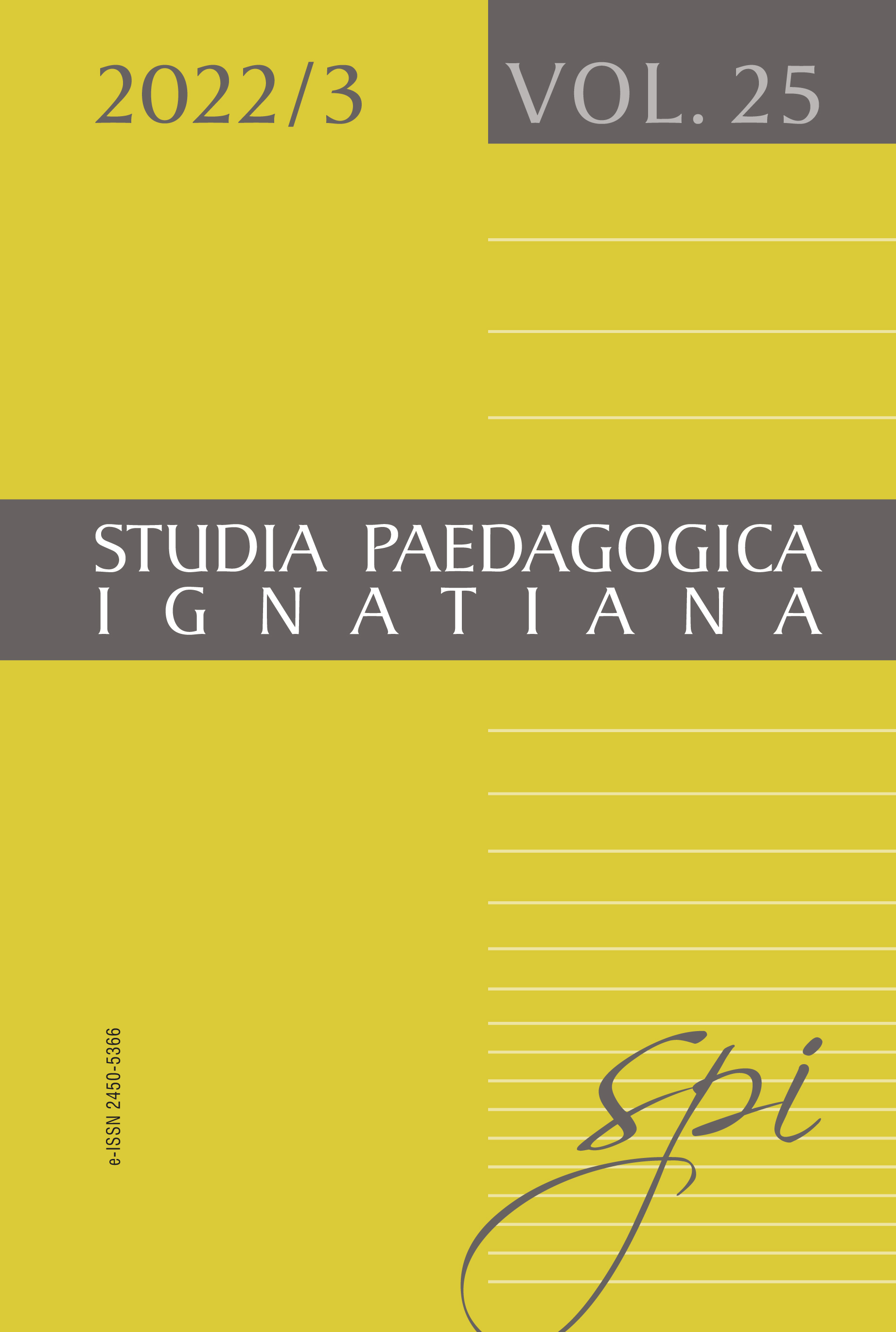Producing or Improving the World and Humans? The Quest for the Ethical Foundations of Education
Producing or Improving the World and Humans? The Quest for the Ethical Foundations of Education
Author(s): Jan RutkowskiSubject(s): Education, Ethics / Practical Philosophy
Published by: Uniwersytet Ignatianum w Krakowie
Keywords: totalitarianism; transhumanism; Übermensch; posthuman; education; praxis; poiesis;
Summary/Abstract: The article investigates the ethical basis of education by making reference to Aristotle’s distinction between poiesis and praxis, indicating the serious difficulties that arise when this distinction is challenged, and analyzing the cultural, ethical, and educational context of emerging concepts that question the relevance of the distinction between production and improvement.The starting point of the analysis was the classical concept of natural law and the related question of “first things.” The author relates the distinction between praxis and poiesis to the two types of objectives and then analyzes selected relevant concepts.First, the notion of progress is invoked. Following Robert Spaemann, the article proposes a classification of types of progress. Then, it shows the relationship between type A progress – understood as production – to ideologies and totalitarianism. Following Eric Voegelin, it indicates the Gnostic origins of 20th-century intellectual and mass movements. The interpretations of modernism proposed by these authors are complemented by Chantal Delsol’s considerations. The article uses her metaphorical distinction between two types of attitudes toward the world. The figures of “the gardener” and “the demiurge” are evoked.The article invokes transhumanism as an example of the demiurgic attitude and a presents a polemic against the transhumanists’ accusations in the area of pedagogy. It points out that education must take freedom into account, and therefore cannot be understood as poiesis.
Journal: Studia Paedagogica Ignatiana
- Issue Year: 25/2022
- Issue No: 3
- Page Range: 39-53
- Page Count: 15
- Language: English

